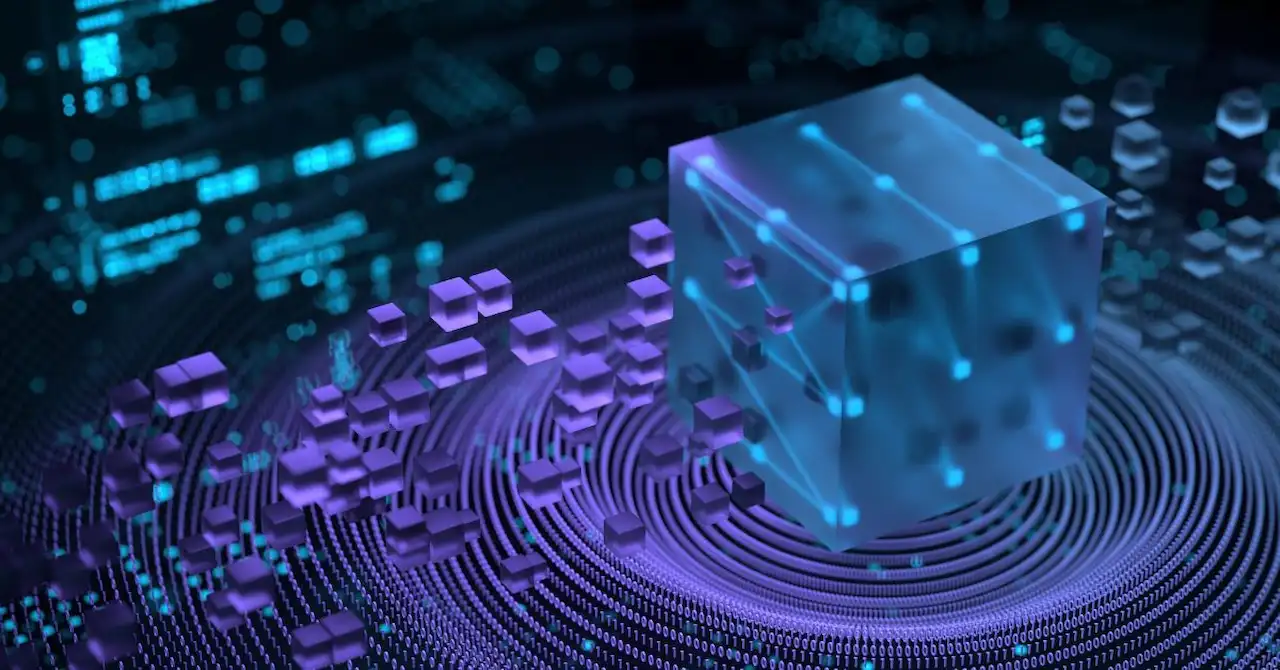The token linked to DAOstack has dropped dramatically, shocking the larger crypto community. This happened after it was revealed that the project had already quietly shut down in 2022. The price drop happened quickly, but the problems that caused it were there for a long time, hidden in silence, wrapped up in inactivity, and finally revealed by a growing number of confused investors and on-chain evidence.
DAOstack was once seen as a leader in decentralized governance frameworks, but it has mostly faded from view since it first drew attention for its goal of making tools to help decentralized autonomous organizations work better. At its height, the GEN token was traded a lot and used a lot to take part in governance modules on the DAOstack platform. But by the middle of 2022, development had come to a standstill, community updates had stopped, and developers had stopped responding. Still, there was never an official announcement of a shutdown.
The Collapse That Took Years to Happen
Discovery, not a hack or a government action, caused the recent price crash. Blockchain detectives and worried members of the community started to say that the DAOstack ecosystem was no longer working and that smart contract interactions were almost nonexistent. Social media had stopped talking, and GitHub commits had stopped for more than a year. This made people look more closely at the GEN token’s usefulness and importance.
The last straw was when reliable sources said that DAOstack as a whole had stopped working in 2022. As soon as that information came out, liquidity quickly disappeared, and the price of the token fell as holders rushed to sell. Many investors are upset not only about losing money but also about how the shutdown was handled—or not handled. There was no openness. The community was not given a roadmap, an exit plan, or a sunset plan. Trust was what caused this place to fall apart, even though it was built on systems that didn’t need confidence.
A Warning for Decentralized Governance
The quiet exit of DAOstack and the fall of GEN are sobering reminders that decentralization doesn’t always mean safety or long life. No matter how visionary they are, projects still need to be clear with token holders, keep developing, and be open with them. The DAO space is still new, and while some protocols, like Aragon, Snapshot, and Tally, are changing, DAOstack’s failure will probably be a classic case of what happens when people don’t know what’s going on.
The lesson is simple but important. If governance tokens are going to change how decisions are made in a decentralized way, the people who run them need to be responsible for both how they are made and how they are used. When silence takes the place of leadership, prices don’t just go down. Trust goes away, too.
Also read: Solana Stakes a Spot on Wall Street
